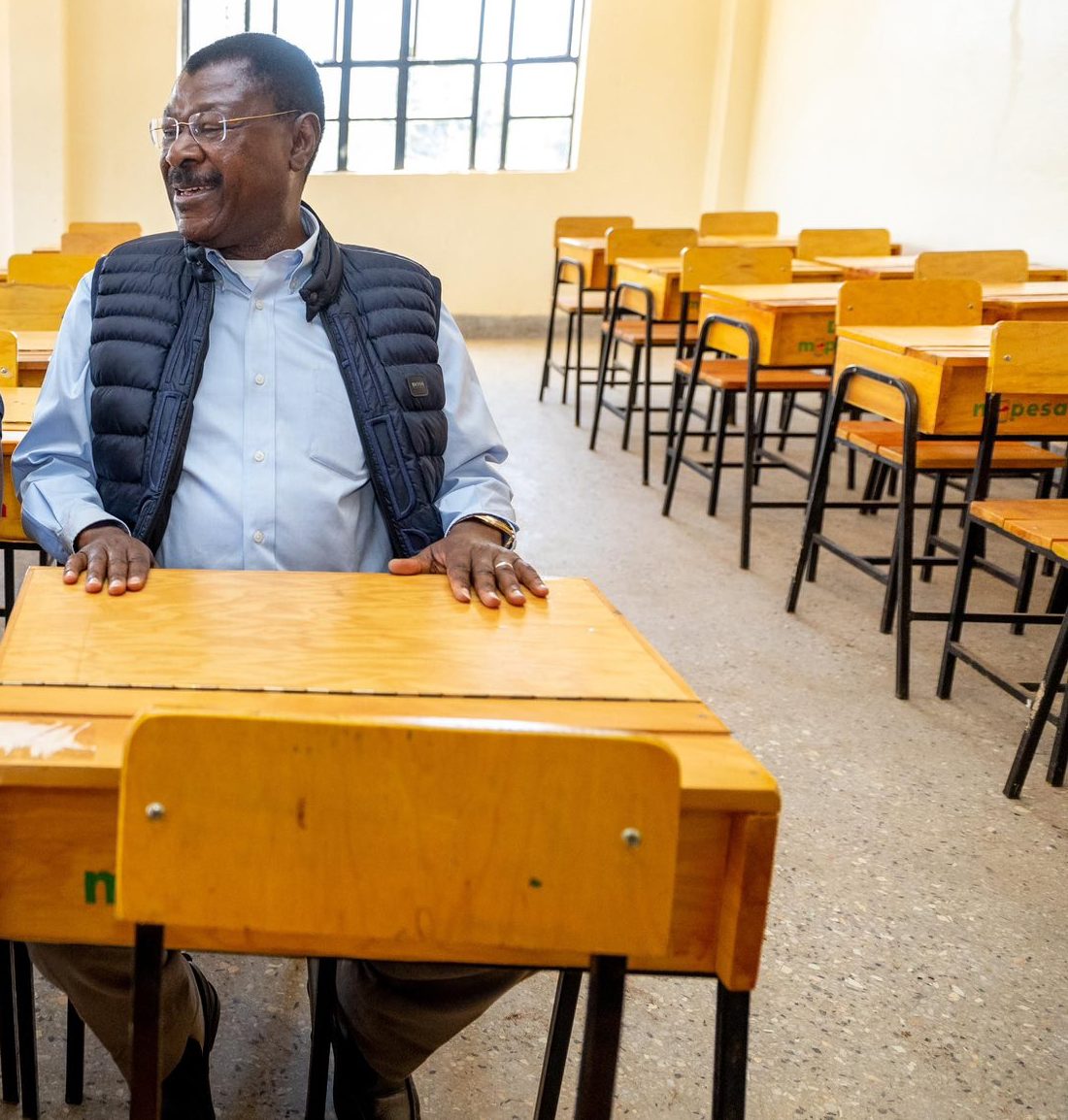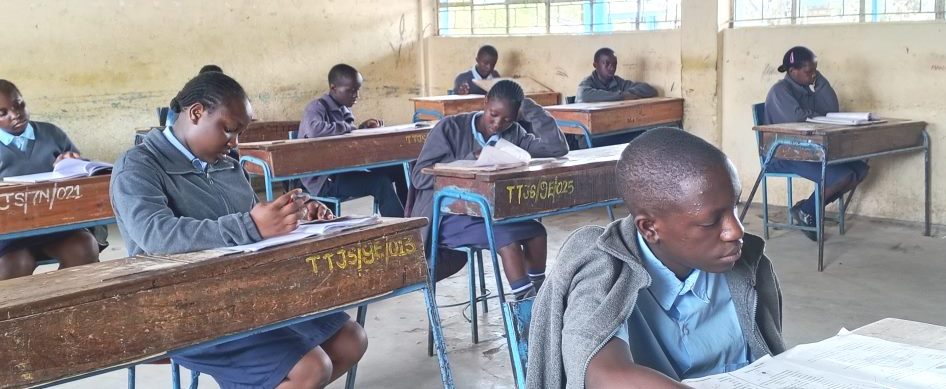The Teachers Service Commission (TSC) has issued guidelines for the recruitment of teacher interns in junior secondary schools for the 2025/2026 financial year.
The directive, was issued through a Circular No. 15/2025, dated August 20, 2025,addressed to regional, county, and sub-county directors, which sets a framework for merit-based, inclusive, and transparent hiring across the country.
Applicants must submit their applications online via www.teachersonline.go.ke, Sub-County Directors will oversee the selection process, verify documents, and compile merit lists for submission to TSC headquarters through County Directors. All applicants must be registered teachers under Section 23(1) of the TSC Act, 2012, with registration status confirmed at the shortlisting stage.
The circular mandates that venues be accessible to persons with disabilities, with sign language interpreters allowed for applicants with hearing or speech impairments. In line with constitutional provisions, at least 5% of internship slots have been reserved for persons with disabilities.
Applicants must present original and certified copies of key documents, including ID, academic certificates, transcripts, registration proof, KCPE/KCSE certificates, school leaving certificates, National Council of Persons With Disabilities (NCPWD) card (if applicable), and affidavits for name discrepancies (if there is any). Provisional transcripts are not accepted.
ALSO READ;
Why teachers should step into leadership before the title arrives
The selection panel which is composed of the Sub-County Director (Chair), Human Resource Officer (Secretary), and Curriculum Support Officer, will score candidates using a detailed guide. Points are awarded based on academic qualifications, age, teaching subjects, and length of time since graduation. Science subjects attract the highest score (65), followed by mathematics/non-science (55), technical/creative arts (40), languages (25), and humanities (5). Graduates from 2016 and earlier receive the highest score for time since qualification.
Eligible qualifications include:
- Bachelor of Education with two teaching subjects
- Bachelor of Science/Arts plus Post Graduate diploma in Education (PGDE)
- Bachelor of Science in Agricultural Education and Extension
- Diploma in Education with C+ in teaching subjects
- Technical degrees or diplomas with additional certification from Kenya Technical trainers College (KTTC)- previously known as Kenya Technical Teachers College
Special provisions apply for teachers with disabilities, older diploma holders, and those with bridging certificates completed before December 31st, 2015. Teachers trained in Special Needs Education will be posted to SNE junior schools.
Applicants previously employed under internship or permanent terms who exited service for non-disciplinary reasons are eligible.
Those presenting forged documents will be disqualified and may be deregistered.
ALSO READ;
Education forum warns of crisis as sponsors defy TSC postings
Successful candidates will sign internship agreements and submit a full set of documents, including medical reports (Form GP 69), bank details, KRA PIN, personal accident insurance, and passport photos. County Directors must validate all documents before submission to TSC headquarters.
Complaints must be filed within seven days of the selection process, with appeals resolved within 14 days by the TSC Appeals Committee. Merit lists will be made available to the public upon request, in compliance with the Data Protection Act, 2019.
While recruitment is decentralized, TSC retains the authority to conduct direct hiring from headquarters. Regional Directors will coordinate the process within their jurisdictions.
To ensure fairness, candidates with disabilities are assessed using slightly adjusted age brackets. Each candidate must also indicate their disability type and registration number if applicable.
To standardize evaluation across institutions, the Commission has included a grading scale that converts GPA scores into percentage marks. For example, a GPA between 3.7 and 4.00 is equivalent to First Class honors (81–100%), a G.P.A of 3.0 to 3.6 is equivalent to second class upper (71-80%), while a GPA of 2.3 to 2.9 corresponds to Second Class Lower (61–70%). This system ensures that applicants from universities using different grading formats are assessed equitably.
By Masaki Enock
You can also follow our social media pages on Twitter: Education News KE and Facebook: Education News Newspaper for timely updates.
>>> Click here to stay up-to-date with trending regional stories
>>> Click here to read more informed opinions on the country’s education landscape






